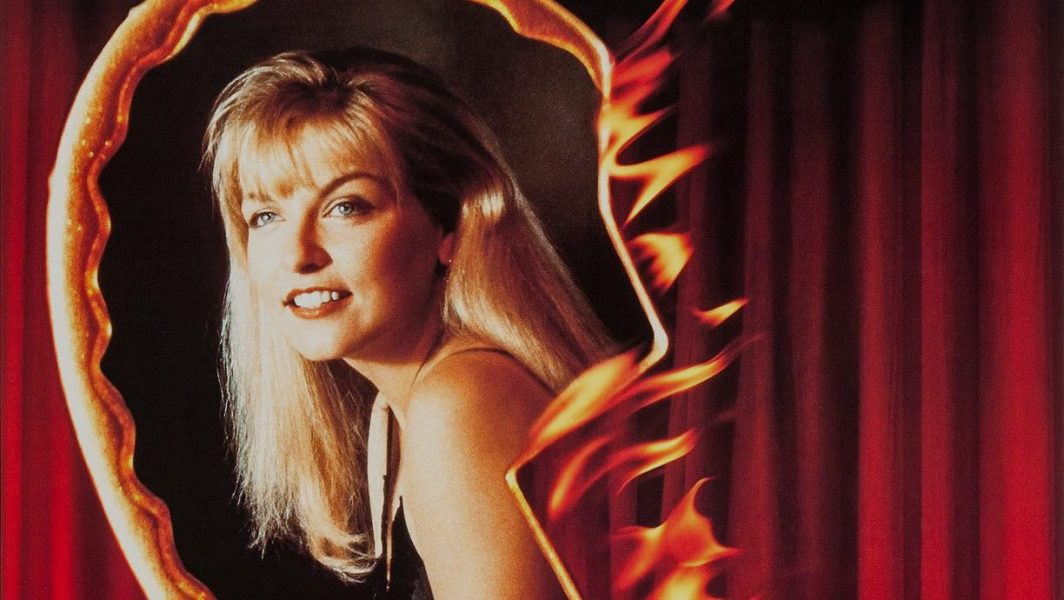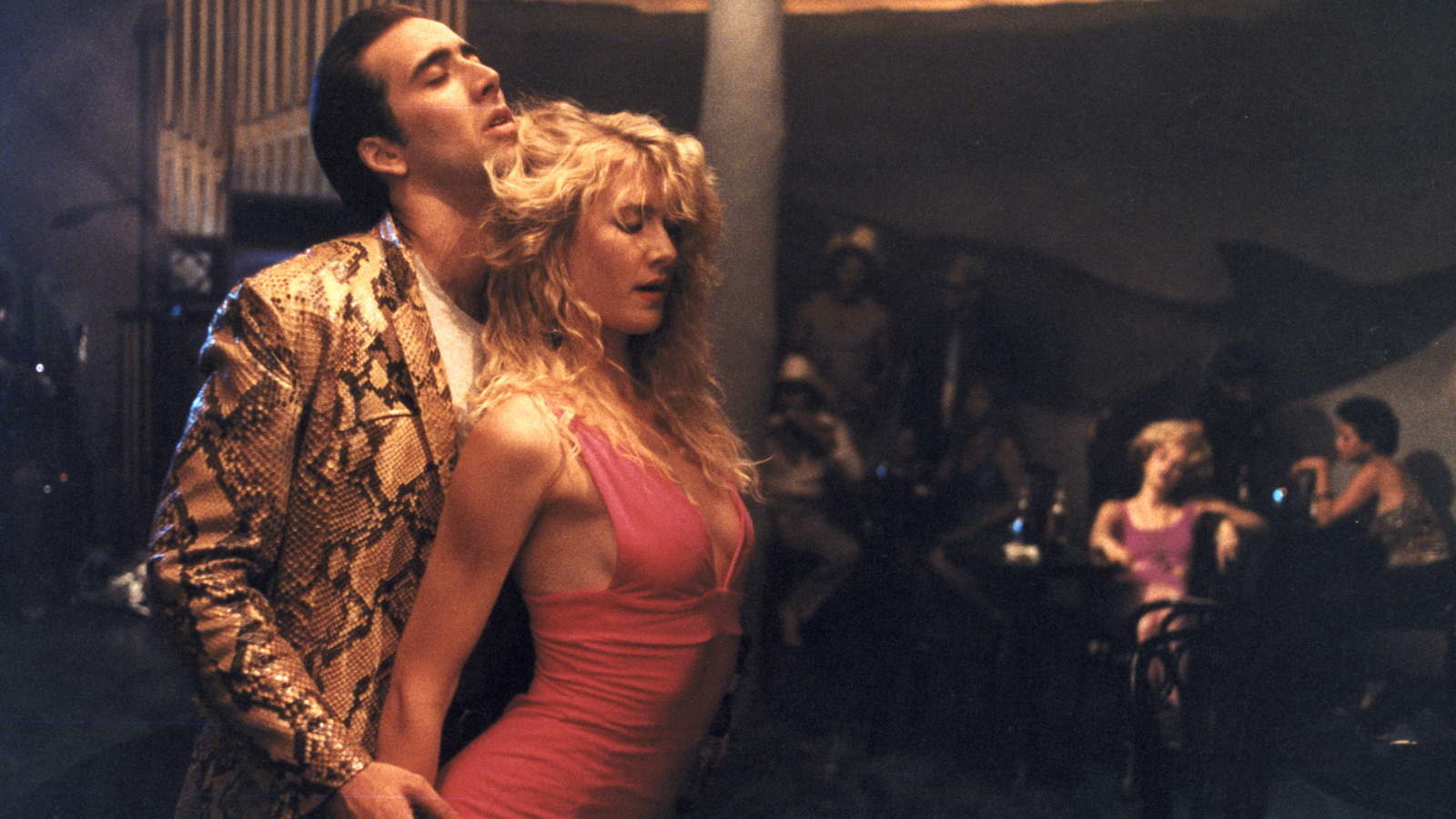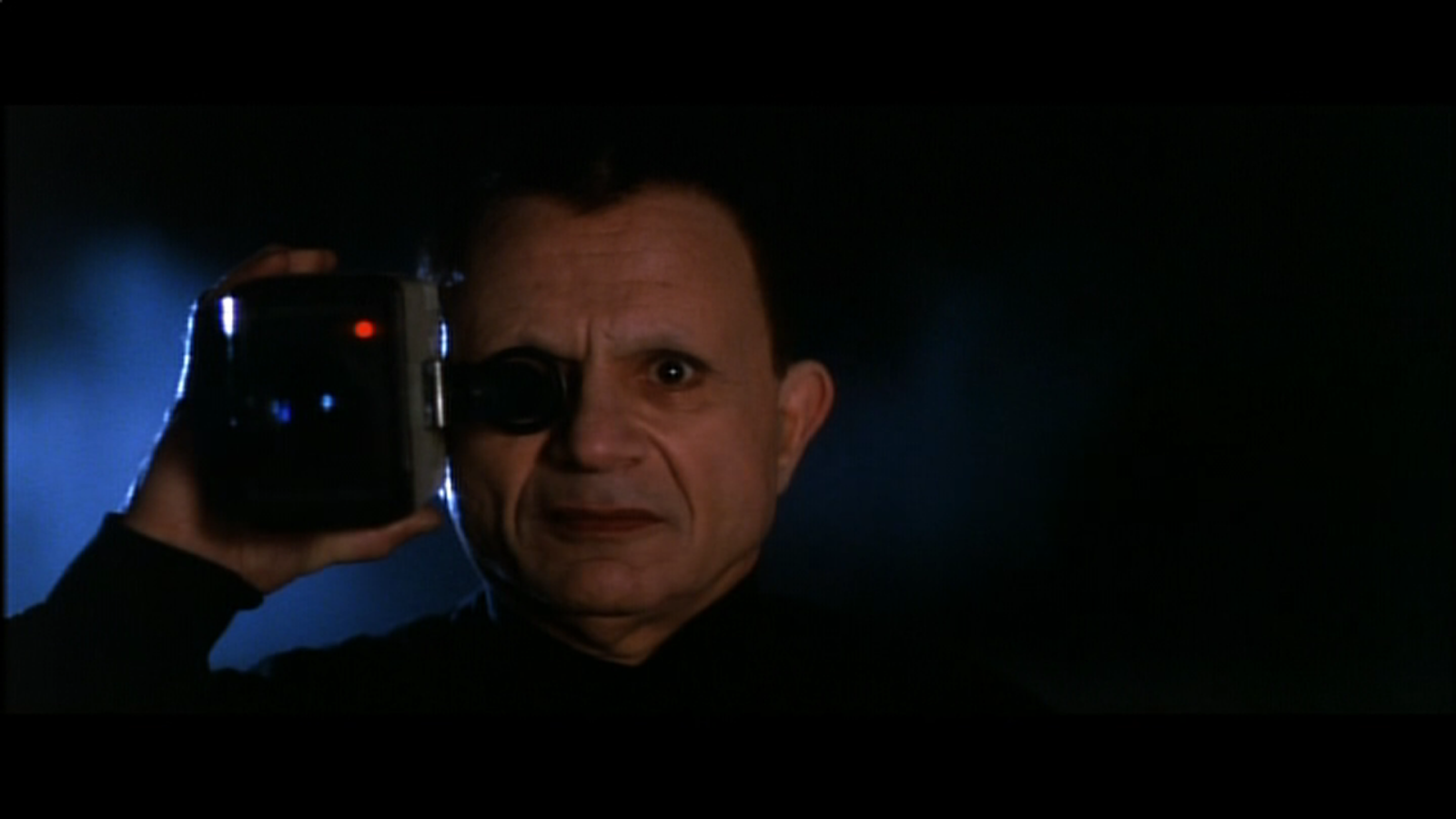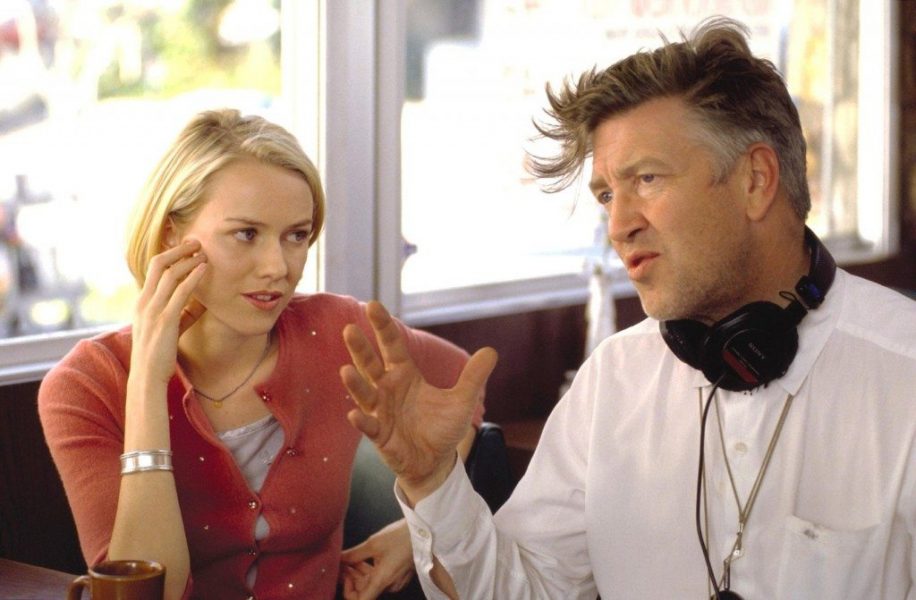Perhaps the fact that he was a painter long before he forayed into film-making helped David Lynch steer clear of the conventional film milieu. Unlike cinema, paintings never really give you any answers. There is a mystical quality to them, where there are multiple answers, and no one explanation is right or wrong. It is this artistic philosophy that Lynch brings to his film-making, where his films are all what we make of them. Popularly known as the father of modern surrealism, David Lynch is one of his kind; blending dark thematic elements into a light, almost parodic tone; leaving audiences wondering whether to laugh or be outraged. With weird characters, gory imagery and a slew of symbolism, he shocks and mystifies his audiences; while offering a compelling portrayal of contemporary society.
Read More: David Lynch: The Purveyor of Absurdity
Now, let us get it out the way once for all – I am a huge David Lynch fan; his movies awakened the cinephile in me and they continue to intrigue me. I have seen almost all of his movie several times and every viewing is more enticing than the previous one. In that regard, ranking his cinema is not the easiest thing I’ve done, but I have accomplished this task keeping in mind that lists are always conceived so as to initiate a discussion, not to make proclamations on why one is better than the other. Keeping this in mind, we decided to rank every film David Lynch has made till now from average to best.
10. Dune (1984)

Why, oh Why?! David Lynch, after the phenomenal critical acclaim of ‘Eraserhead’ and ‘The Elephant Man’, was tapped to direct the film adaptation of Frank Herbert’s epic science-fiction masterpiece Dune, a project that was delayed and changed hands numerous times in its chequered history. And thus, began the journey of Lynch’s ‘Dune’, a surreal, glorious mess of a movie that is nowhere close to the vision of its source material. To be fair to Lynch, he did not have final cut privileges and the studio massacred his cut to make it more “consumable”. He has time and again disavowed the movie and refuses to talk about it. And I am willing to forgive Lynch for this one mistake, especially considering that he hasn’t put a foot wrong since.
9. Twin Peaks: Fire Walk with Me (1992)

Fans and critics were waiting for this one from David Lynch with bated breath, especially since it was touted as a sequel (and prequel) to his iconic TV show, ‘Twin Peaks’, which had a cliff-hanger ending that confused audiences, who were hoping to find some answers. And Lynch, in true Lynchian fashion not only failed to answer any of the questions that arose from the show; instead, it confounded the audiences with more questions as Lynch raised the stakes and made the mysterious world of ‘Twin Peaks’ darker and more disturbing. It created a huge furore at Cannes with incessant boos from the American press while the European critics hailed it as a masterpiece. With time, the dust has settled and contemporary film-writers have hailed it as a work of art, some even calling it his best work. To me, ‘Fire Walk with Me’ is a fitting addition to ‘Twin Peaks’; darker, more thematically rich and more complex than the show itself, but at the same time a little too ambitious for its own good.
8. Wild at Heart (1990)

‘Wild at Heart’ won the coveted Palm d’Or at Cannes in 1990, much to chagrin of the American critics, who ostensibly couldn’t stomach Lynch’s penchant for dark humor and surreal imagery. One of the few linear-narrative films Lynch has made, ‘Wild at Heart’ follows the journey of two lovers Sailor and Lola who go on a run while trying to evade Lola’s treacherous mother. It is not always an easy watch as we are subjected to a slew of very uncomfortable sequences which evoke a combination of laughter and disgust. Inspired by the eccentric brilliance of Terrence Malick’s ‘The Badlands’, Lynch constructs a classic road movie with star-crossed lovers and infuses it with a slew of symbolism and inexplicable imagery. If all this is not enough reason to give it a go, then take this – it also features one of the finest performances from the “great” Nicholas Cage.
7. The Elephant Man (1980)
Lynch outdid himself with this heart-warming biopic on the Victorian life of John Merrick, a severely deformed man whose desolate existence as a circus freak-show found solace under the care and comfort of Dr Frederick Treves. A movie you would least expect from someone like Lynch, it is easy to assume that this will be another one of Lynch’s surreal horror-show; however, he handles the subject with uncanny humility and tenderness, retelling the life of a miserable man whose only wish is to be treated with respect and kindness and be loved. Featuring excellent performances from the ensemble cast including John Hurt, Anthony Hopkins and Anne Bancroft, ‘The Elephant Man’ is unabashedly sentimental and tugs at your heartstrings. Sure, the movie does fall prey to certain conventional biopic clichés, but nobody can deny the movie’s rich emotional undercurrent and sincerity and that alone makes ‘The Elephant Man’ an unqualified success.
6. Lost Highway (1997)

Another surreal horror-scape from Lynch’s oeuvre, ‘Lost Highway’ is today a cult classic remembered for Robert Blake’s terrifying onscreen persona of The Mystery Man. A neo-noir mystery film, ‘Lost Highway’ follows a man convicted of murdering his wife as he inexplicably morphs into another individual in a seemingly parallel reality. As is the case with all of Lynchian works, ‘Lost Highway’ is impregnable after a first watch, but subsequent viewings would slowly peel beyond the surface of the plot of characters to explore the horrors that lurch beneath our consciousness and the realities we forge to justify our madness. Lynch uses all the conventional tropes of film-noir – a dark tone, a mysterious adversary, a doomed protagonist, a femme fatale – and turns them on their heads to craft a disturbing portrait of the paranoia and existential limbo that has creeped into our lives. Another David Lynch movie which opened to mixed reviews, ‘Lost Highway’ is better regarded amongst contemporary audiences.
Read More: Guy Ritchie Movies


You must be logged in to post a comment.